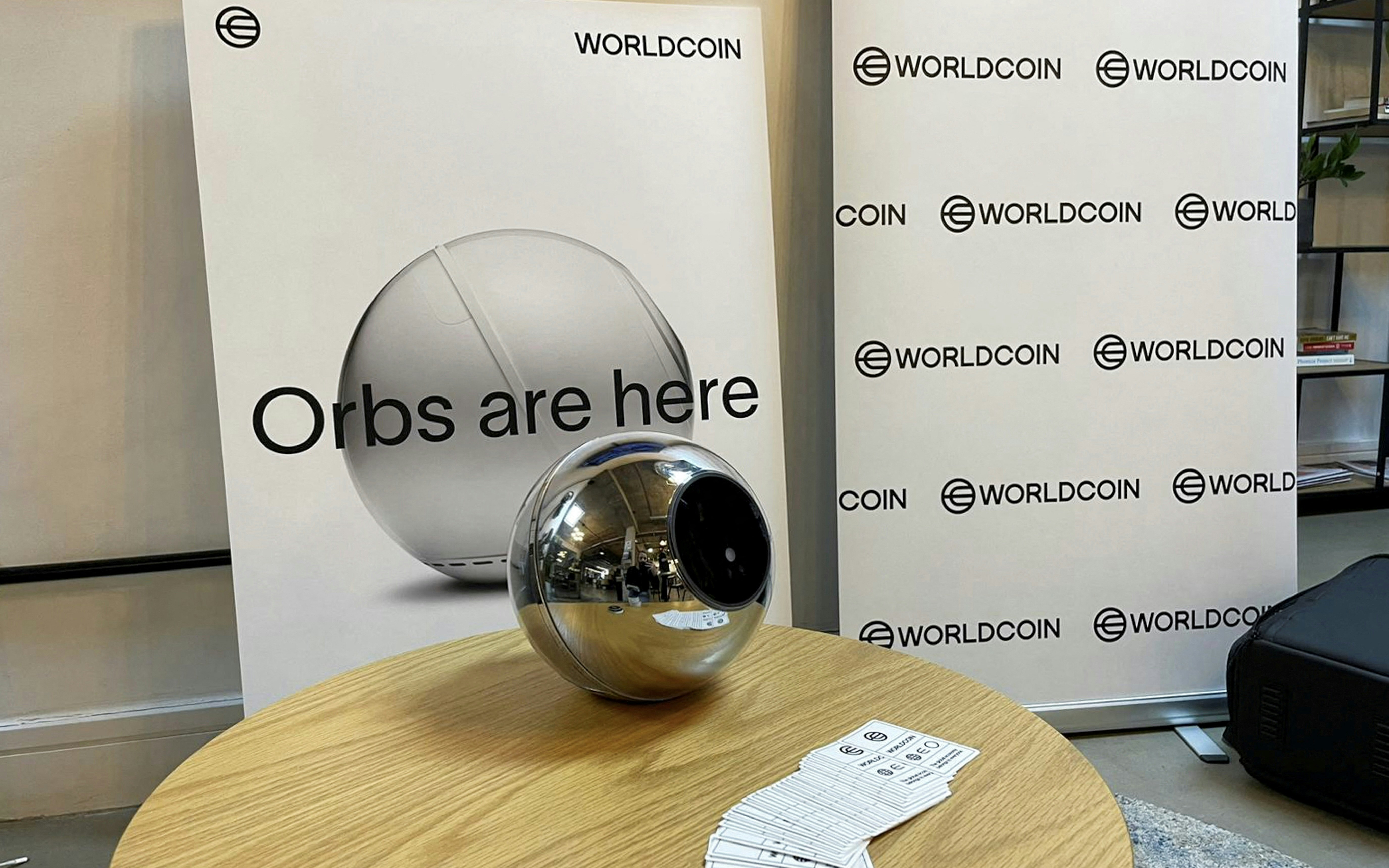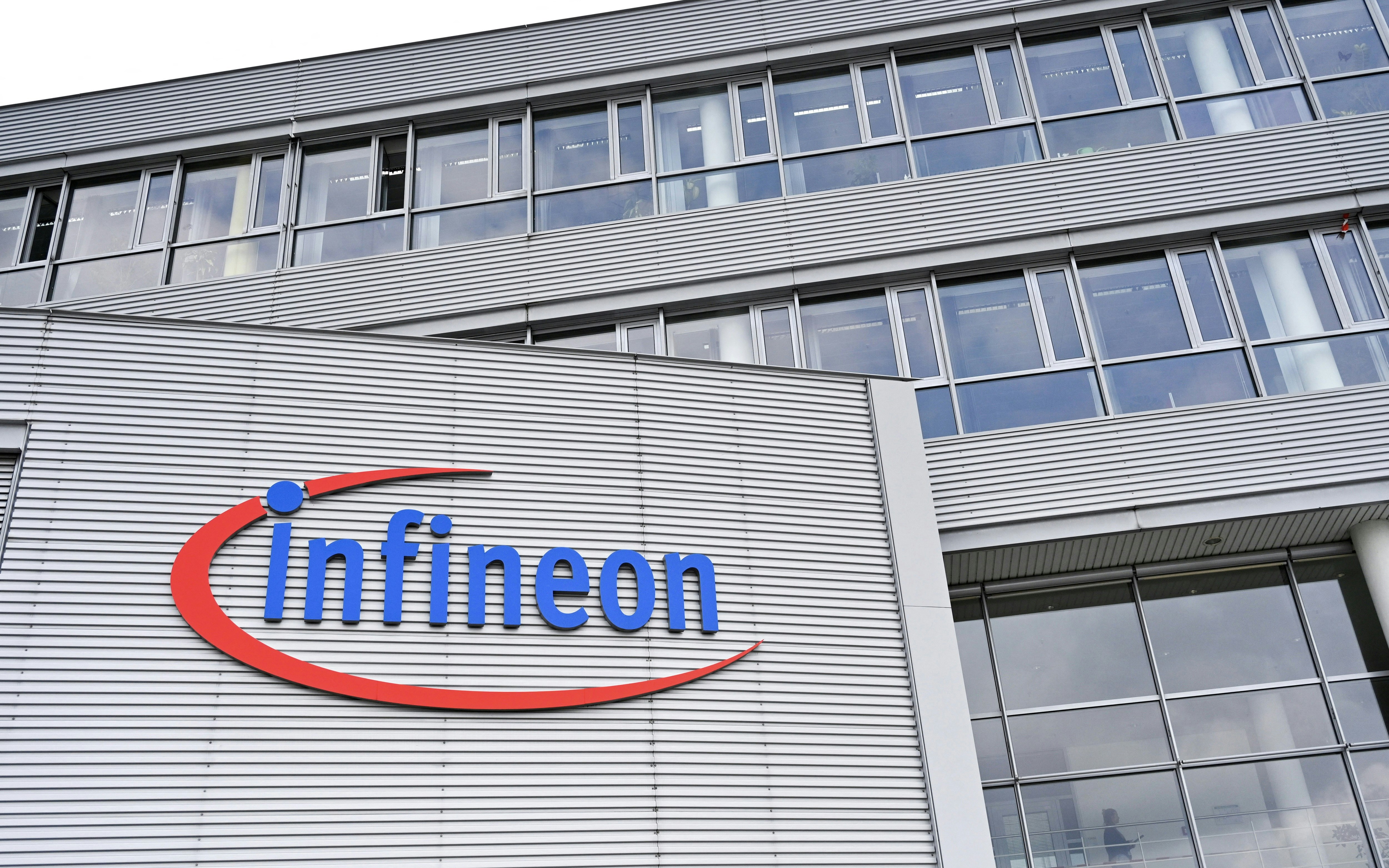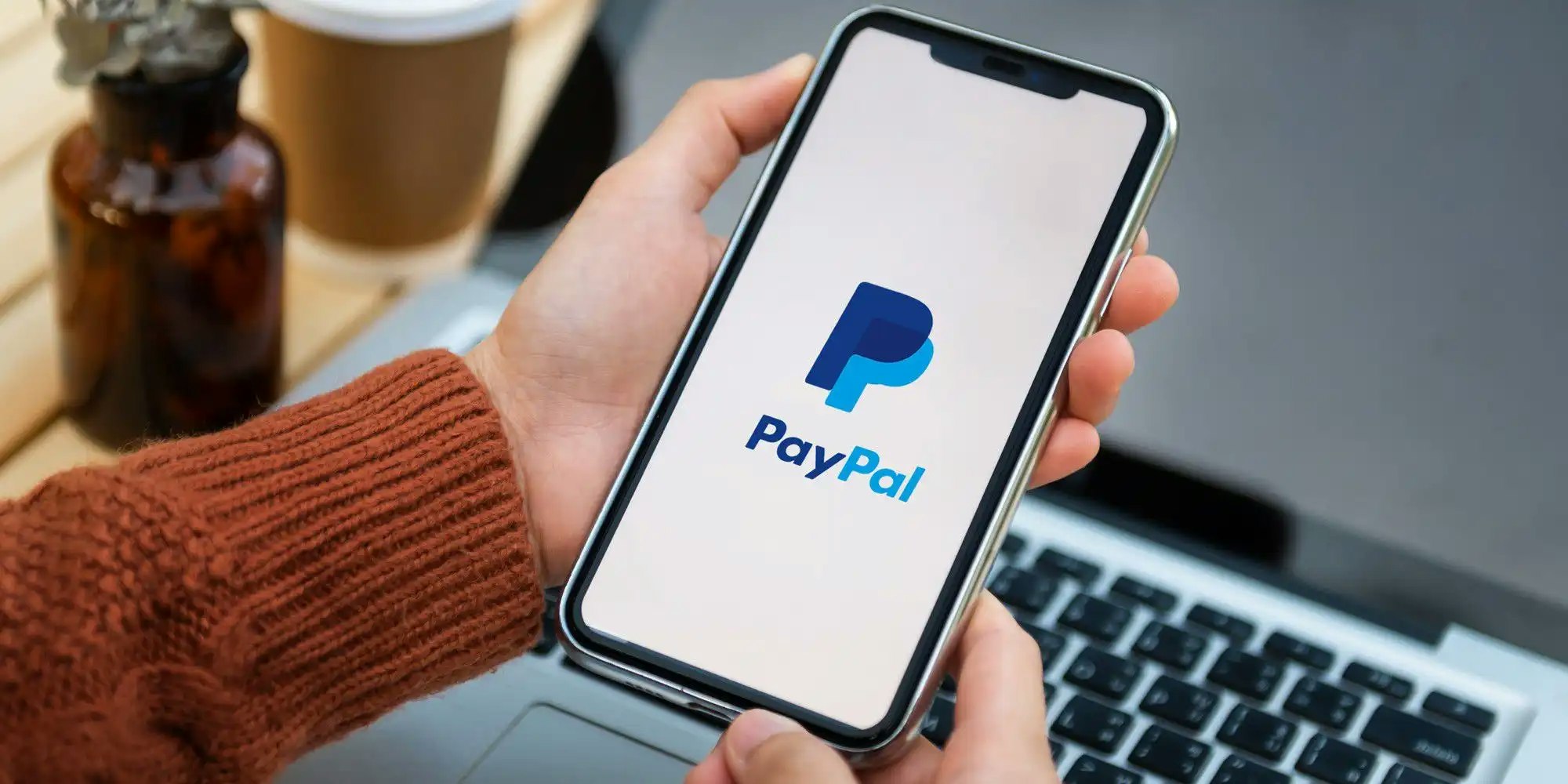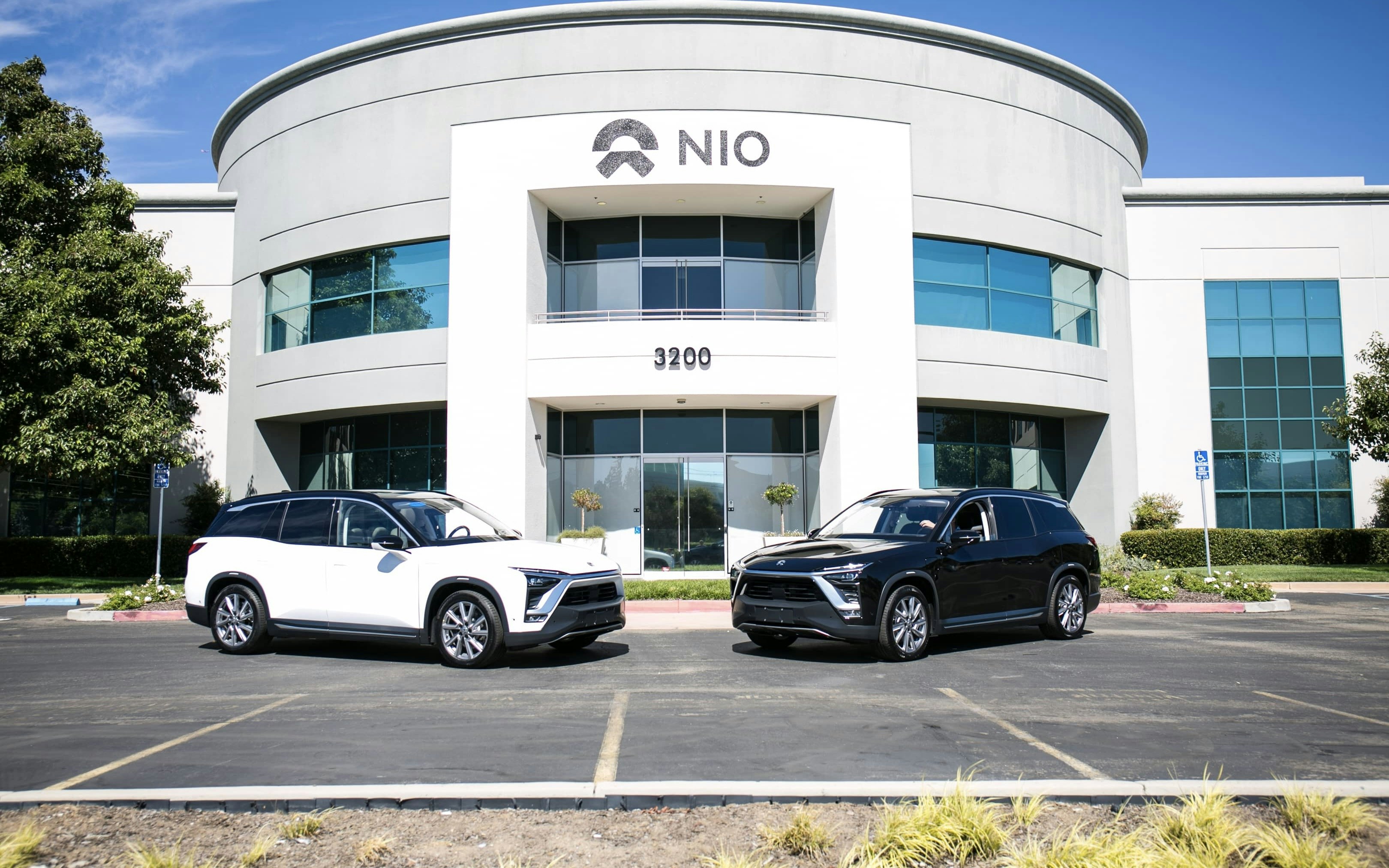The crypto project Worldcoin, co-founded by Sam Altman, has changed its name to "World" and introduced a new generation of its iris scanners called "Orbs." Tools for Humanity, the company behind the project, presented these innovations at a live event in San Francisco to drive global scaling.
CEO Alex Blania justified the rebranding by stating that the old name "simply doesn't work anymore," indicating an expansion of the company's strategy beyond its original cryptocurrency goal. Sam Altman, CEO of OpenAI, invests a significant portion of his time in World, with both companies operating independently. Blania did not rule out the possibility that World's cryptocurrency could one day be integrated into ChatGPT.
World is based on the idea that advanced AI systems might make it difficult to distinguish between humans and machines online in the future. As a solution, the "Human Verification Services" project offers blockchain-based identity verification for people, allowing them access to the benefits of AI. A central goal is the potential redistribution of wealth generated by AI through Worldcoins.
Despite concerns from governments worldwide—including investigations in Kenya and EU countries over data protection, security, and financial issues—World continues its expansion. While the investigation in Kenya has been concluded allowing World to operate, some EU investigations are still ongoing.
At the event, Altman and Blania presented a four-stage roadmap. After completing the first two phases—development of the Orb and establishment of a distributed ownership network using blockchain—the focus is now on scaling. World announced the launch of a new blockchain and a new app to significantly increase the number of verified users from the current 7 million. To achieve this, more iris scans are to be conducted worldwide.
The new generation of orbs is easier to mass-produce, has fewer components, and works three times faster. In the future, verifications should be possible in cafés; additionally, a partnership with the Latin American delivery service Rappi has been announced to enable home verifications.
Additionally, Tools for Humanity presented "Deep Face," a tool to combat online deepfakes and identity theft using their verification technology. A beta version of World ID Credentials, a digital alternative to government-issued IDs for online use, was also introduced.
The acceptance of these technologies could, however, pose a challenge. At the event, guests were asked to confirm their identity by presenting official identification, which sparked skepticism among some. Trusting a crypto company with personal identity data remains a sensitive issue for many.







